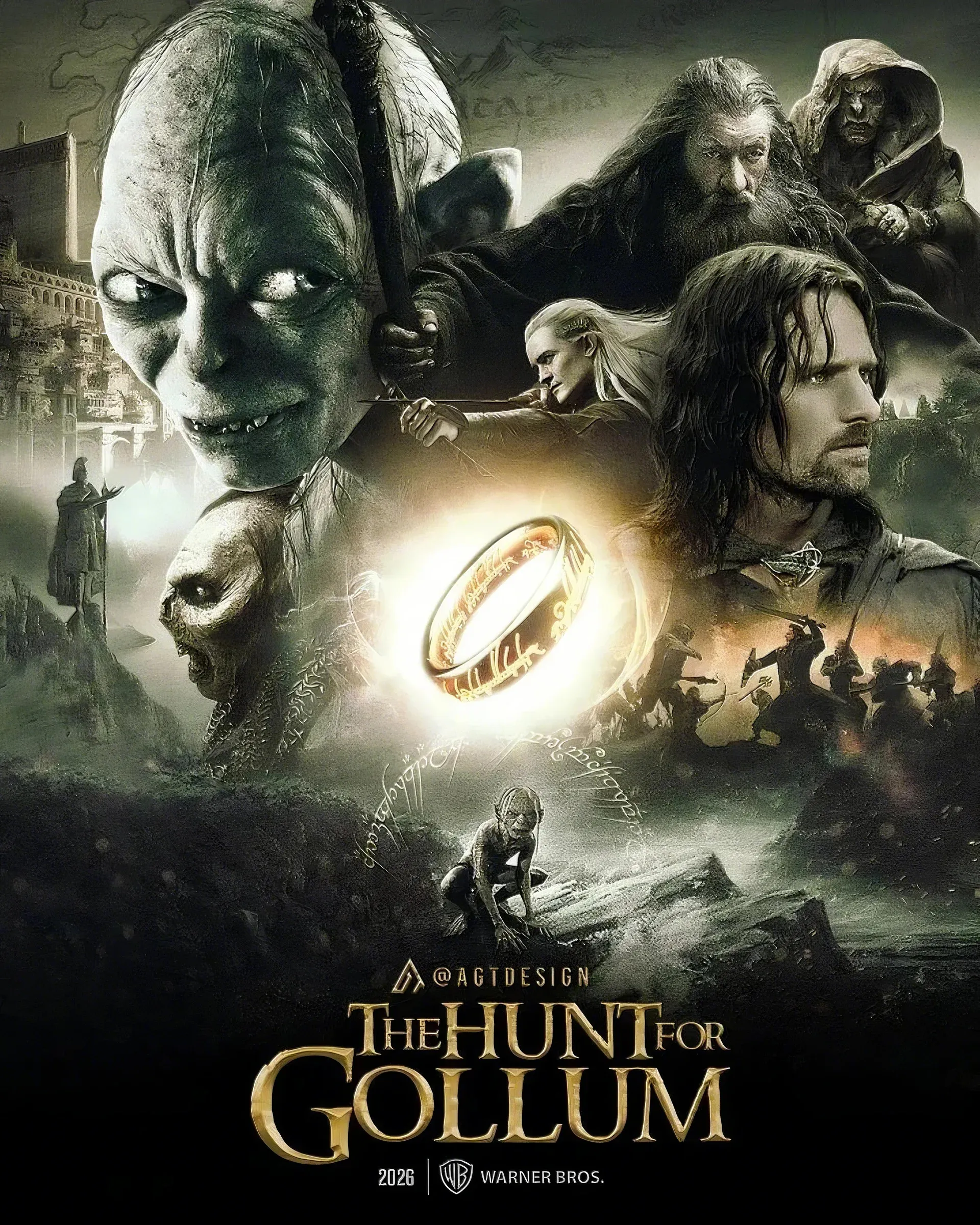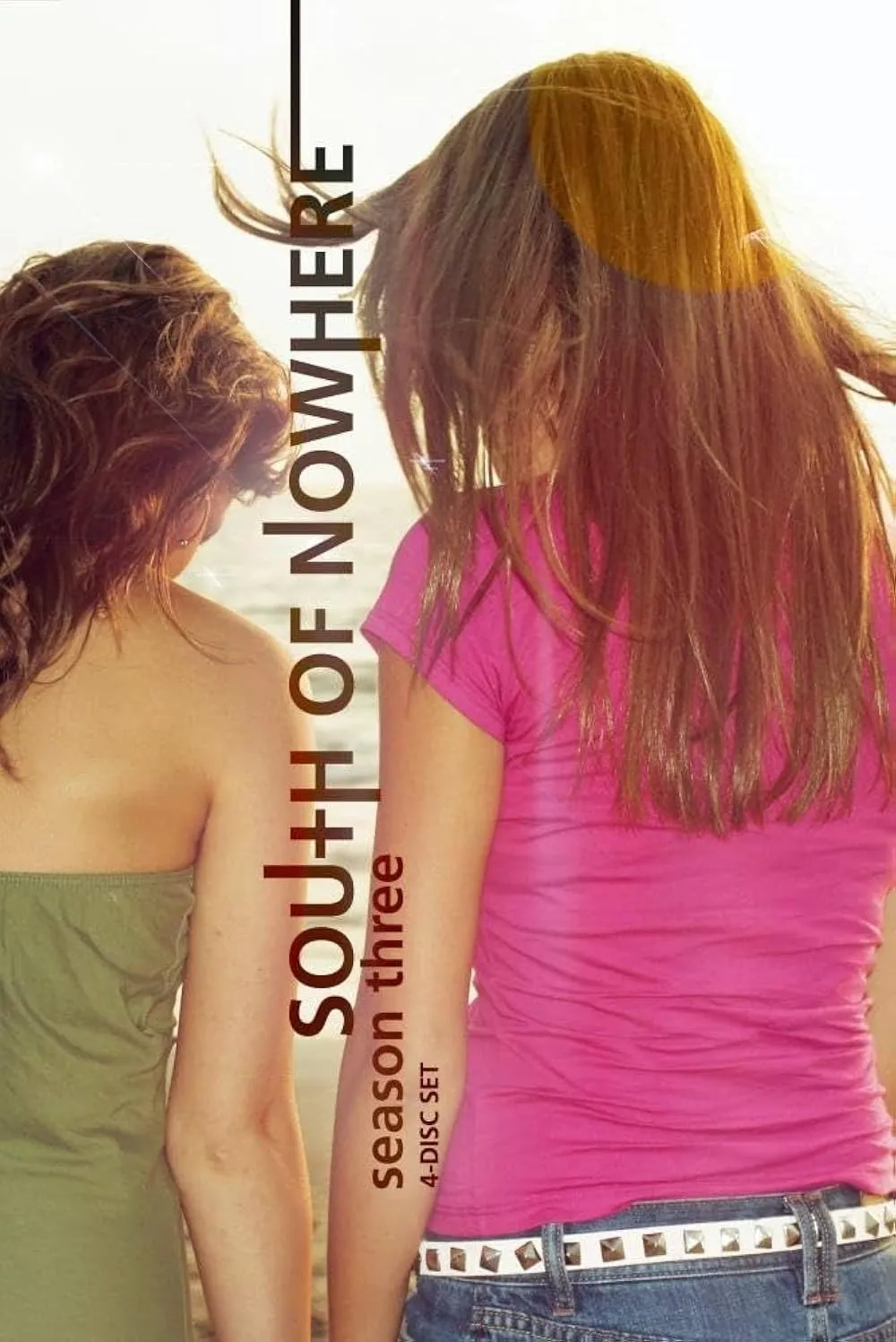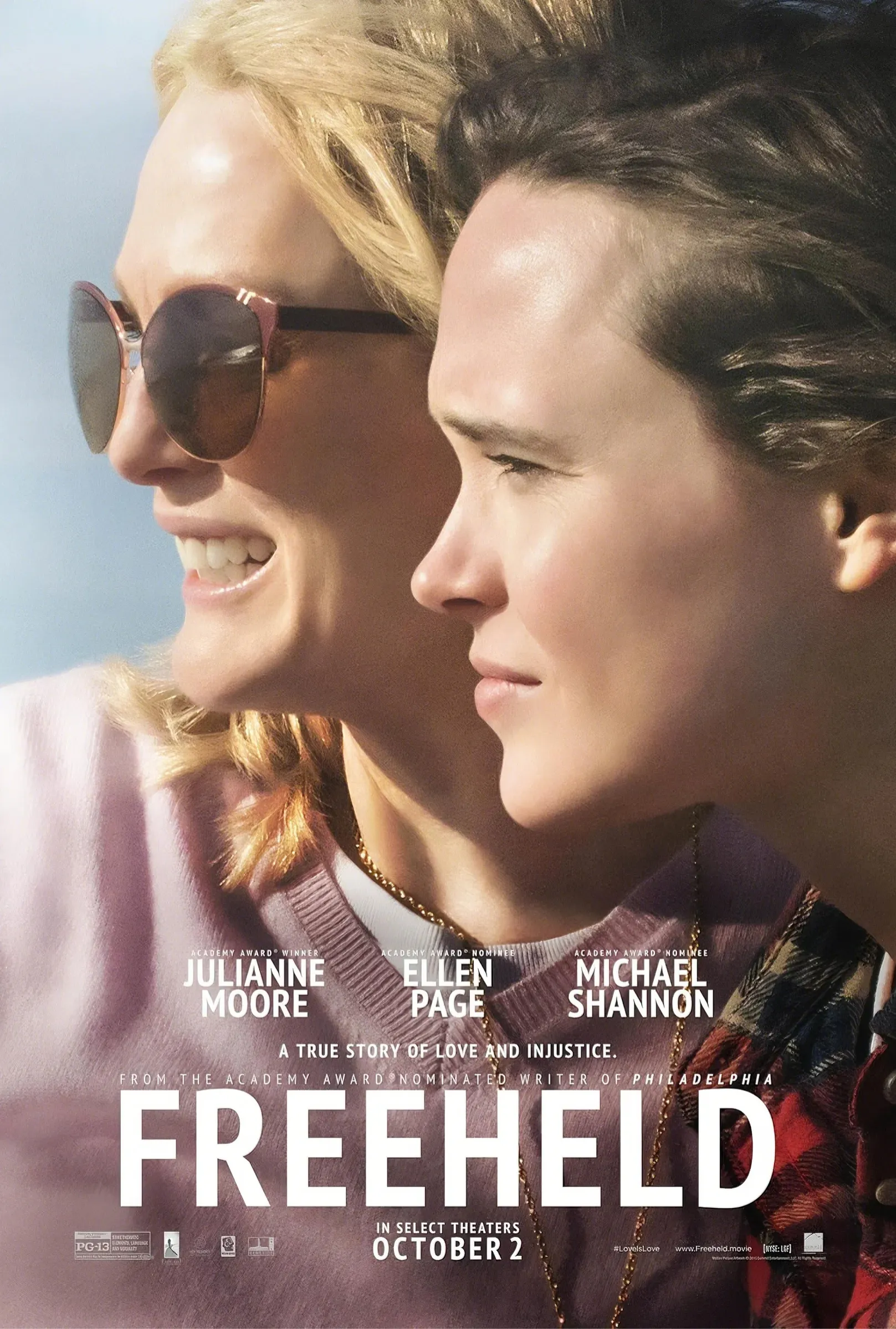The Way We Were (1973)
In the 1930s, Katie Morosky (Barbra Streisand), an outspoken and politically active Jewish woman, meets Hubbell Gardiner (Robert Redford), a handsome and talented but carefree writer, while they are both students at college. Katie, deeply passionate about social justice and leftist causes, is drawn to Hubbell’s effortless charm and talent, though she resents his privilege and apathy toward the world’s problems. Hubbell, in turn, is intrigued by Katie’s fiery spirit and unwavering convictions, though he finds her intensity exhausting at times. Despite their differences, Katie secretly harbors feelings for Hubbell, while he remains distant, more focused on his writing and easygoing lifestyle. Their paths diverge after graduation, with Katie continuing her activism and Hubbell pursuing a more traditional path. Years later, during World War II, they cross paths again in New York City. This time, an undeniable attraction brings them together, and they begin a passionate relationship. Their love, however, is complicated by their starkly different worldviews—Katie remains fiercely political, while Hubbell prefers to avoid controversy, focusing on his career as a screenwriter. Despite their differences, they marry and move to Hollywood, where Hubbell’s career flourishes, and Katie struggles to fit into the superficial and apolitical social scene of the film industry.

As the 1950s begin, tensions rise between Katie and Hubbell. The rise of McCarthyism and the anti-Communist sentiment in Hollywood put Katie’s political activism at odds with Hubbell’s desire to maintain his career. She passionately protests against the blacklisting of writers and refuses to stay silent, while Hubbell, though sympathetic, chooses to remain on the sidelines to protect his professional standing. The pressure on their relationship becomes unbearable as Katie’s idealism clashes with Hubbell’s pragmatic approach to life. At the same time, Hubbell’s commitment to their marriage begins to wane, and he starts an affair with his ex-girlfriend, Carol Ann. When Katie becomes pregnant, she hopes that having a child might bring them closer together, but deep down, she knows that their differences are irreconcilable. Eventually, realizing that Hubbell will never fully share her passion for activism and that he cannot be the man she needs him to be, Katie makes the painful decision to let him go. Though their love is real, they are fundamentally incompatible, and they part ways, leaving behind bittersweet memories of what they once had.

Years later, Katie and Hubbell meet again in New York, now leading separate lives. Katie has continued her activism, raising their daughter with the same strong convictions that once defined her. Hubbell has remarried and settled into a comfortable but unremarkable life. As they stand outside the Plaza Hotel, they share a quiet, nostalgic moment, acknowledging that while they loved each other deeply, their differences made it impossible for them to stay together. Katie gently brushes Hubbell’s hair back, a small gesture of affection that speaks to the deep connection they once shared. Though they will never be together again, they will always be a part of each other’s past. As they say their final goodbyes, it is clear that their love was both beautiful and tragic—a reminder of how timing, ideals, and personal growth can shape the course of even the deepest relationships.
-1739929188-q80.webp)



